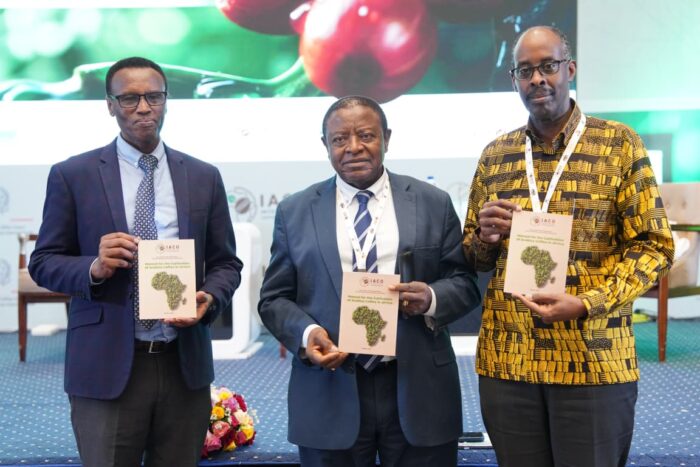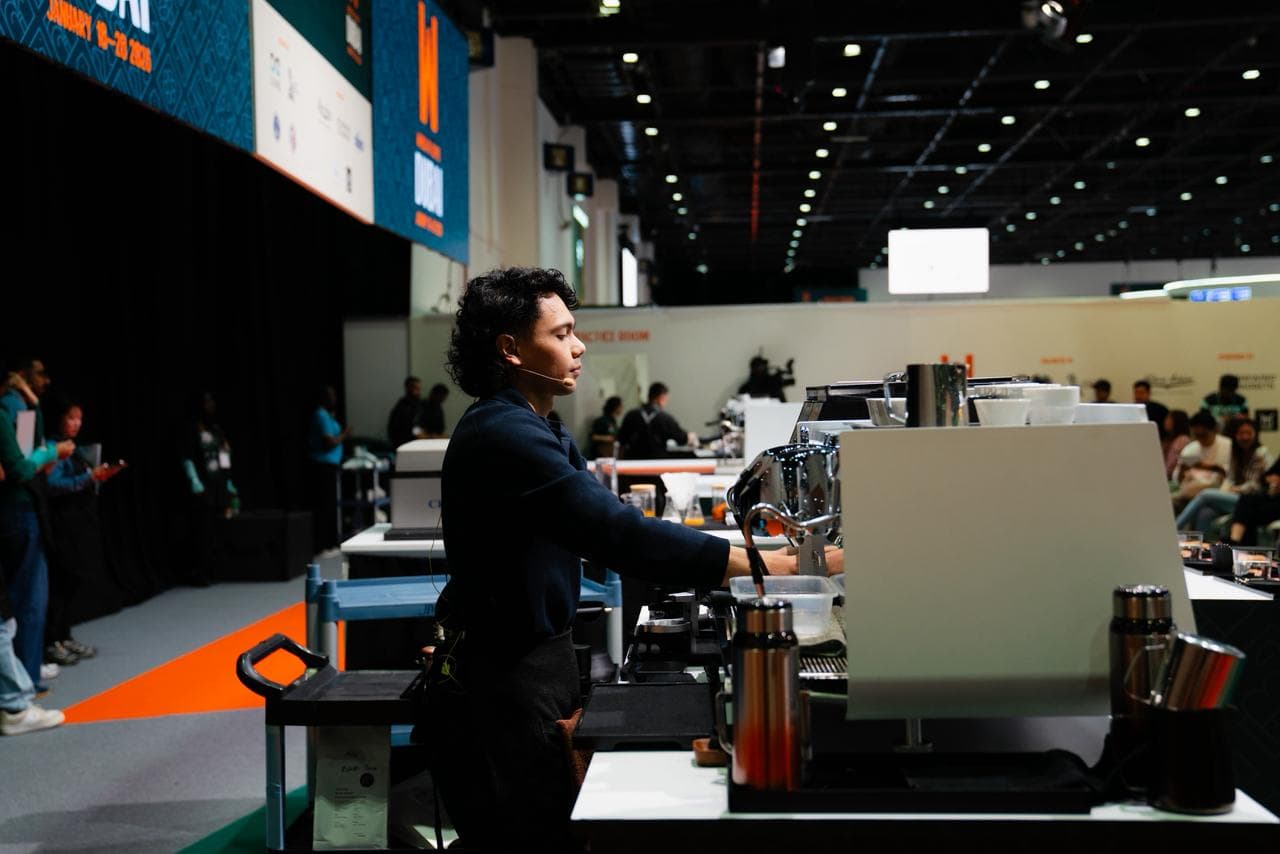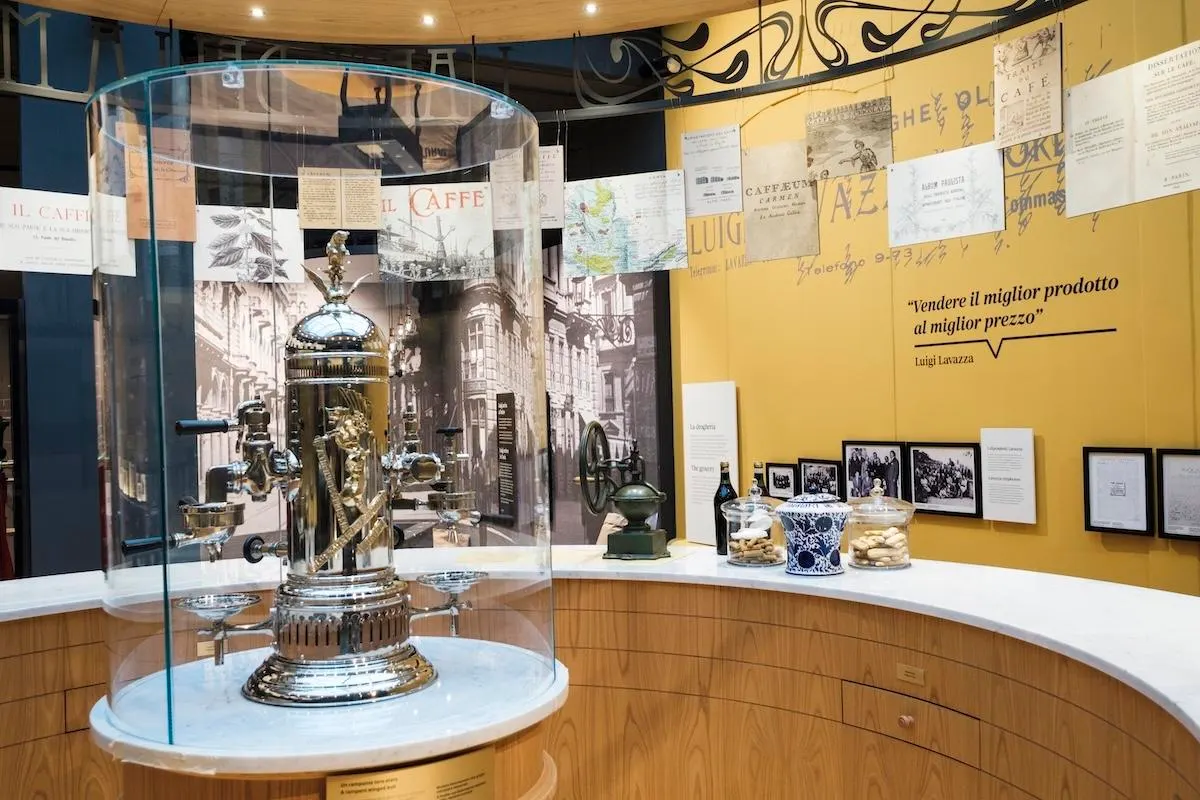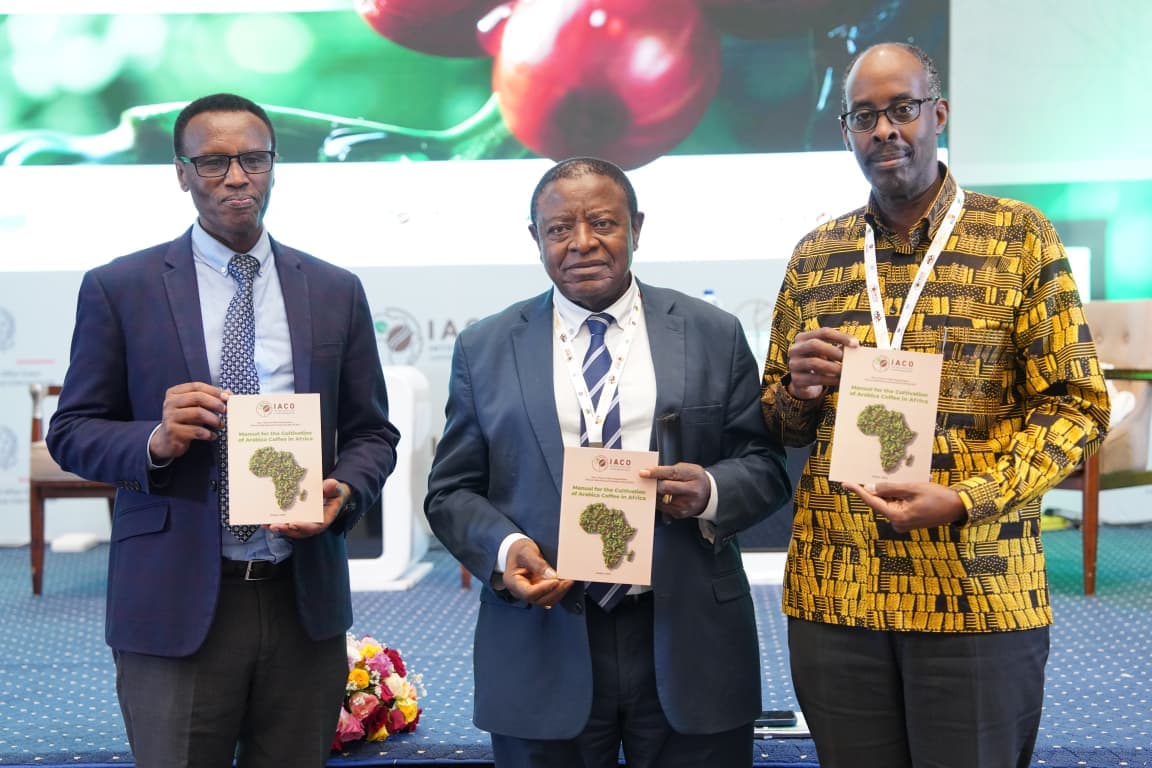
Dubai – Qahwa WORLD March Arabica coffee (KCH26) concluded Monday’s session with a gain of +1.00 (+0.30%), while March ICE Robusta coffee (RMH26) saw a notable decline, closing down -84 (-2.04%) at a four-week low. The market showed a mixed performance as substantial rainfall in Brazil improved yield prospects but pressured prices. Somar Meteorologia reported
Read More
Addis Ababa – Qahwa World × Buna Kurs Following yesterday’s high-level policy commitments, the focus of the Third African Coffee Week shifted today from the corridors of power to the laboratory and the field. Scientists, researchers, and agronomists gathered at the Skylight Hotel for the 7th African Coffee Scientific Conference, under the theme “Climate-Resilient Coffee:

Dubai – Qahwa World Peru’s coffee industry reached an unprecedented historical milestone in 2025, with the latest official data from the Ministry of Agrarian Development and Irrigation (MIDAGRI) reporting record-breaking sales of $1.57 billion between January and November. This figure represents a staggering 54.1% year-on-year growth compared to the same period in the previous year,

Dubai – Qahwa World Coffee futures faced a sharp retreat on Friday, with Arabica falling -13.25 (-3.85%) to a five-and-a-half-month low, and Robusta sliding -66 (-1.58%) to a three-and-a-half-week low. The primary downward pressure stems from weather forecasts predicting steady, beneficial rains over the next week in Minas Gerais, Brazil’s premier coffee-growing region. The bearish

Addis Ababa – Qahwa World × Buna Kurs African governments, international institutions, and private sector leaders convened today in Addis Ababa for the High-Level Policy Forum held during the Third African Coffee Week. The assembly issued a strong call for coordinated action to safeguard the future of Africa’s coffee sector amid escalating climate and market

Dubai – Qahwa World The United States retail sector in 2026 is undergoing a radical economic shift that financial market analysts describe as the “loosening of the caffeine grip”. While Starbucks dominated the “third place” concept for decades, it now finds itself trapped between two forces: the Chinese technological expansion of Luckin Coffee and the

Dubai – Qahwa World At a time when global commodity markets are reeling from extreme climate volatility hitting traditional production belts in Brazil and Vietnam, the African continent has emerged in the 2026 season as an indispensable strategic player. This year is more than just a bountiful harvest; it represents a geopolitical turning point in

We are delighted to launch our new column at “Qahwaworld.com” titled “QAHWATI” – My Coffee – where we step into the private worlds of celebrities and coffee enthusiasts to discover the secrets of their relationship with this magical drink. In the “Qahwati” series, we aim to pull back the curtain on the personal lives of

From regulatory hurdles like the EUDR to the volatile C-Market and climate resilience, the Director General of the International Coffee Organization (ICO) outlines a strategic roadmap for a fairer global coffee value chain. Dubai – Ali Alzakary The International Coffee Organization (ICO) is the primary intergovernmental body dedicated to fostering a sustainable coffee sector. At













Dubai – Qahwa World The United States retail sector in 2026 is undergoing a radical economic shift that financial market analysts describe as the “loosening of the caffeine grip”. While...

Dubai – Qahwa World At a time when global commodity markets are reeling from extreme climate volatility hitting traditional production belts in Brazil and Vietnam, the African continent has emerged...

Dubai – Qahwa World Researchers at the Chinese Academy of Sciences have identified previously unknown compounds in coffee beans that may slow glucose absorption and support carbohydrate metabolism. The study...

Dubai – Qahwa World The rare Black Ivory coffee, produced with the help of Asian elephants, owes its exceptionally smooth and balanced flavor to the unique gut microbiome of the...